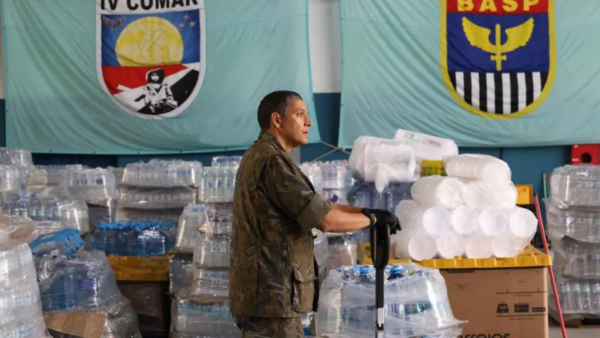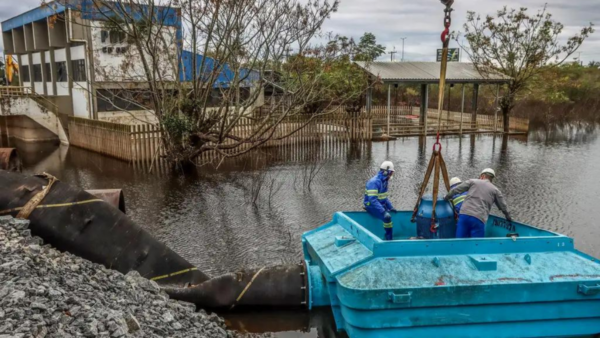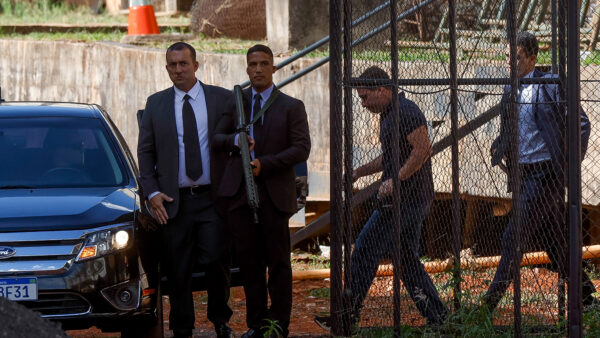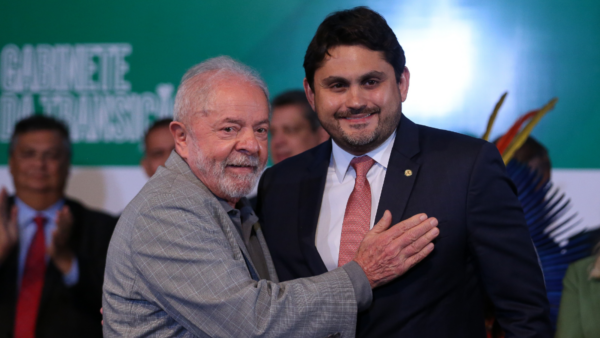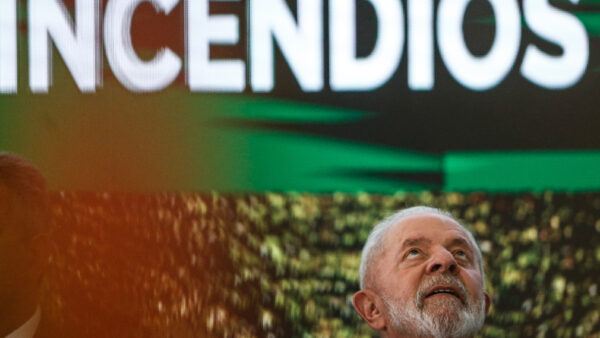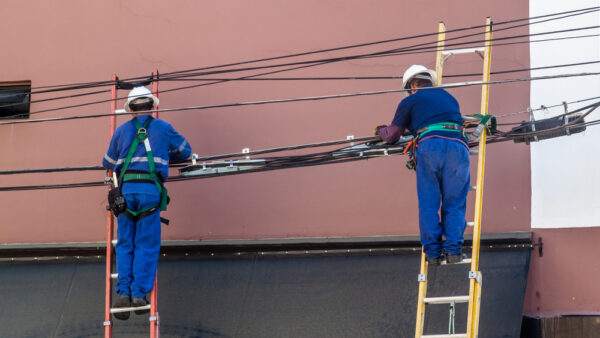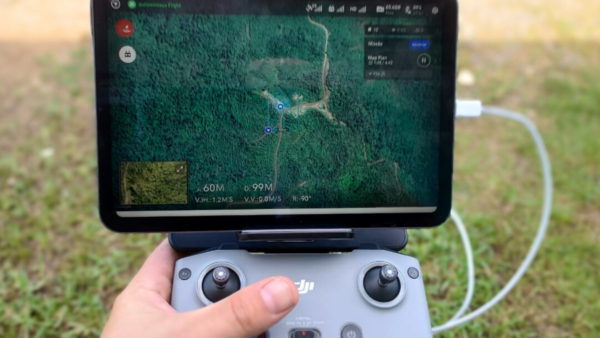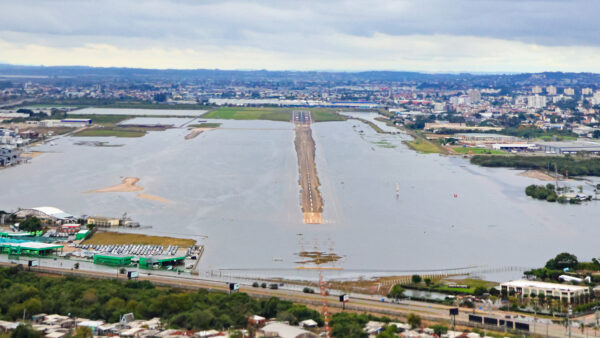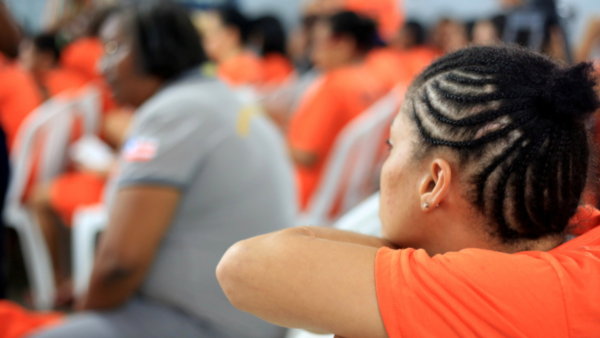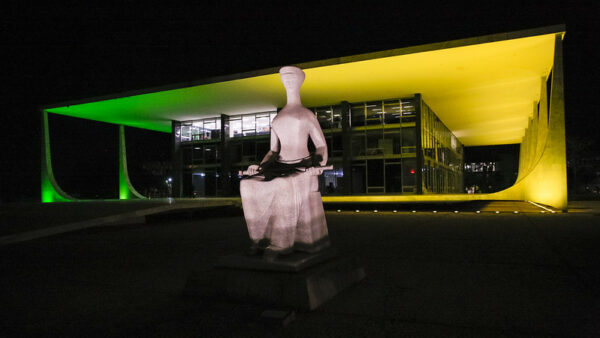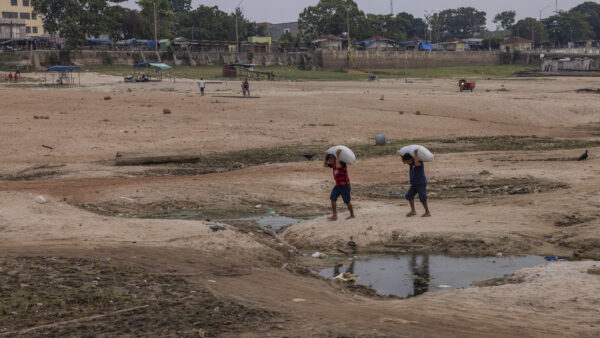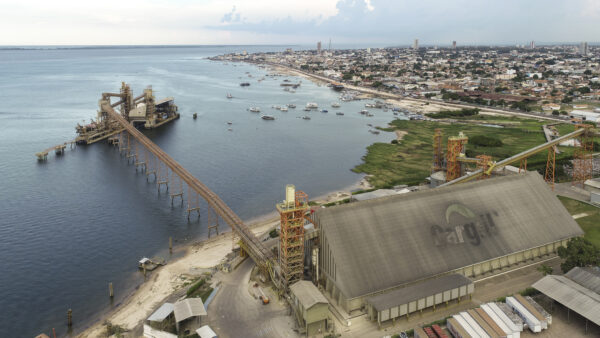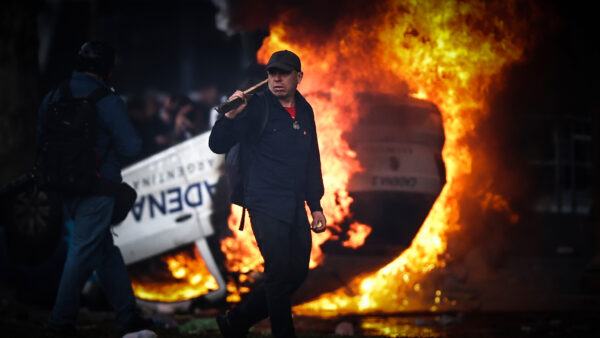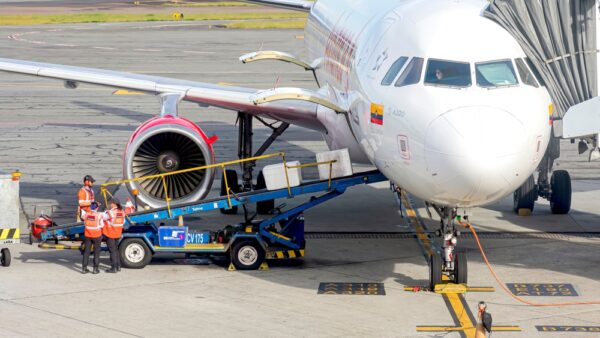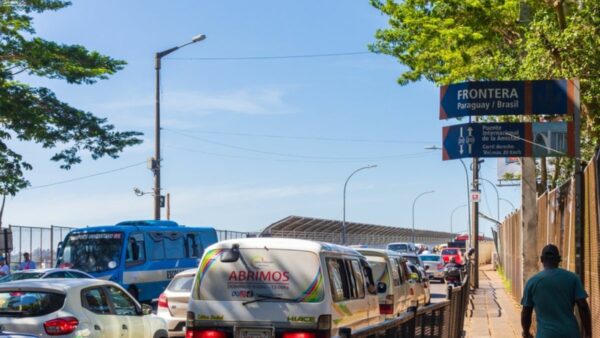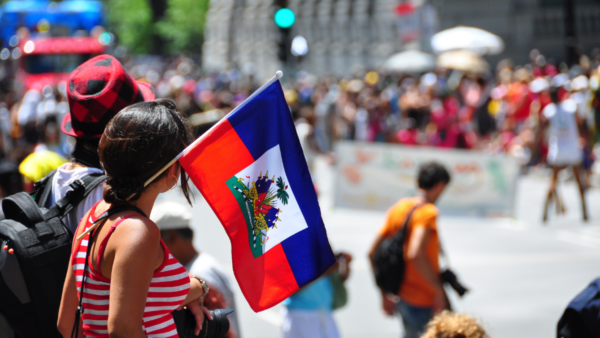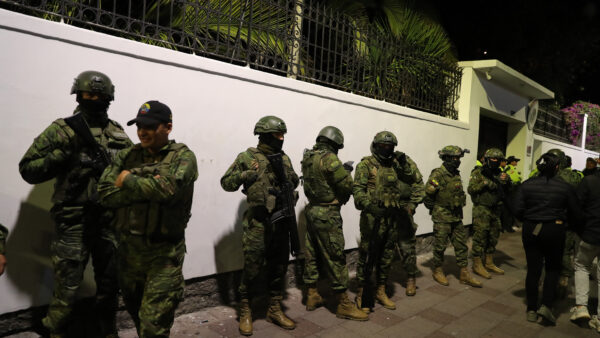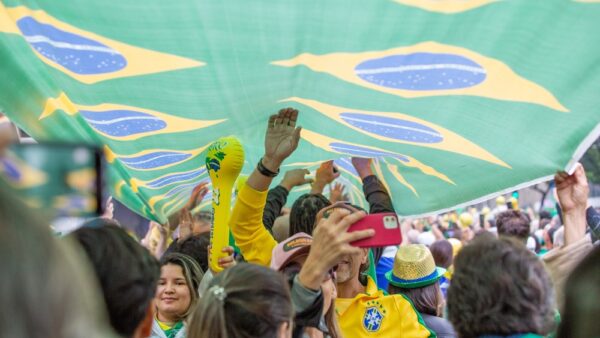After throngs of Jair Bolsonaro supporters stormed and ransacked the federal buildings that house Brazil’s three branches of government in Brasília, Supreme Court Chief Justice Rosa Weber called the rioters “terrorists.”
Just moments prior, thousands of far-right radicals desecrated federal buildings, smashing windows, defacing walls, trashing furniture, stealing and destroying priceless pieces of art — and, in some cases, urinating and defecating on public property. For many, these actions certainly meet the eye test for terrorism.
But they might not pass the legal threshold.
President Dilma Rousseff enacted Brazil’s anti-terrorism law in March 2016, a few months before the country hosted the Rio Summer Olympics. Having such legislation was seen as an important step for the country, as it hosted major international events that could potentially attract terrorist organizations in search of a spotlight.
At the time, left-wing lawmakers feared the legislation could be framed in a way to criminalize organizations such as landless and homeless movements, which have employed invasion of property and squatting — among other tactics — to make their demands heard.
Just three years prior, during Ms. Rousseff’s first term, a massive and unprecedented wave of demonstrations took Brazil by storm. The initial spark was a protest in São Paulo against a hike in public transport fares. The brutal police repression of that demonstration motivated further marches — which quickly morphed into protests housing a wide variety of grievances, from shoddy public services to corruption.
Some of these rallies included protesters employing “black bloc tactics,” — and many ended in vandalism and clashes with police. One demonstration in Brasília ended with the occupation of the Congress building’s lobby, and a molotov cocktail being thrown at the Foreign Affairs Ministry headquarters.

Still, left-wing politicians and the establishment...


 Search
Search
